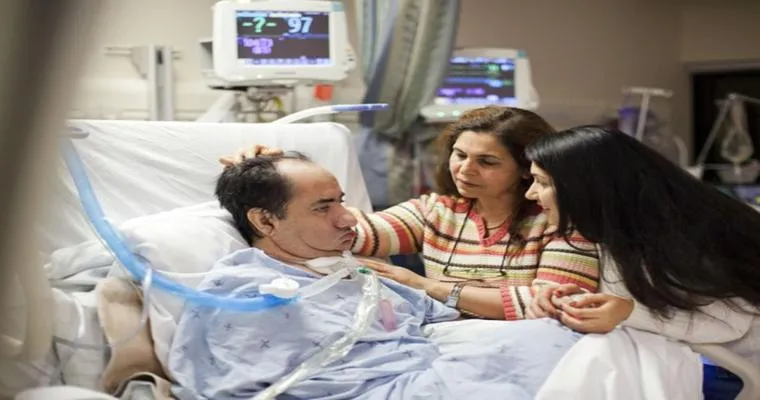In the world of "skilled nursing", understanding the roles of various "healthcare professionals" is crucial for staff caregivers. Skilled nursing facilities are home to a diverse team dedicated to providing the best care for residents. Familiarizing yourself with these key players not only enhances teamwork but also improves the overall quality of care. This article will introduce you to the essential personnel in skilled nursing that every staff caregiver should know.
Registered Nurses (RNs)
"Registered Nurses" are often the backbone of skilled nursing facilities. They are responsible for assessing patients, developing care plans, and administering medications. RNs also supervise other nursing staff and coordinate with physicians to ensure that each resident receives comprehensive care. Their expertise and clinical knowledge make them invaluable assets in any skilled nursing environment.
Licensed Practical Nurses (LPNs)
"Licensed Practical Nurses" work under the supervision of RNs and play a significant role in patient care. They assist with daily activities such as bathing, dressing, and feeding residents. LPNs are also trained to monitor vital signs and administer medications. Their hands-on approach to care allows them to build strong relationships with residents, which is essential for effective caregiving.
Certified Nursing Assistants (CNAs)
"Certified Nursing Assistants" are often the first point of contact for residents. They provide essential support with daily living tasks and ensure that residents are comfortable and safe. CNAs are critical in maintaining the emotional and physical well-being of residents, making their role indispensable in skilled nursing facilities.
Therapists
In skilled nursing, various "therapists" contribute to the rehabilitation and recovery of residents. This includes "physical therapists", "occupational therapists", and "speech therapists". Each therapist specializes in different aspects of recovery, helping residents regain mobility, independence, and communication skills. Staff caregivers should collaborate closely with therapists to understand residents' rehabilitation goals and support their progress.
Social Workers
"Social Workers" in skilled nursing facilities provide emotional support and counseling to residents and their families. They assist in navigating the complexities of healthcare systems, helping families understand care options and resources available. Social workers also play a critical role in discharge planning, ensuring that residents transition smoothly back to their homes or other care settings.
Dietary Aides
Nutrition plays a vital role in the health of residents in skilled nursing. "Dietary Aides" work under the supervision of dietitians to prepare meals that meet the dietary needs of residents. They ensure that each individual receives a balanced diet, which is essential for recovery and overall health. Staff caregivers should understand the dietary restrictions and preferences of residents to support the efforts of dietary aides.
Administration and Support Staff
In addition to clinical roles, skilled nursing facilities rely on "administrative" and "support staff" to keep operations running smoothly. These individuals handle everything from scheduling to billing, ensuring that caregivers can focus on providing quality care. Staff caregivers should recognize the importance of these roles, as they contribute significantly to the overall functioning of the facility.
Conclusion
Understanding the various roles in skilled nursing is essential for effective teamwork and high-quality resident care. By getting to know the "registered nurses", "licensed practical nurses", "certified nursing assistants", "therapists", "social workers", "dietary aides", and "administrative staff", caregivers can foster a collaborative environment that benefits everyone involved. In skilled nursing, every role is interconnected, and recognizing the contributions of each team member is key to providing exceptional care.





